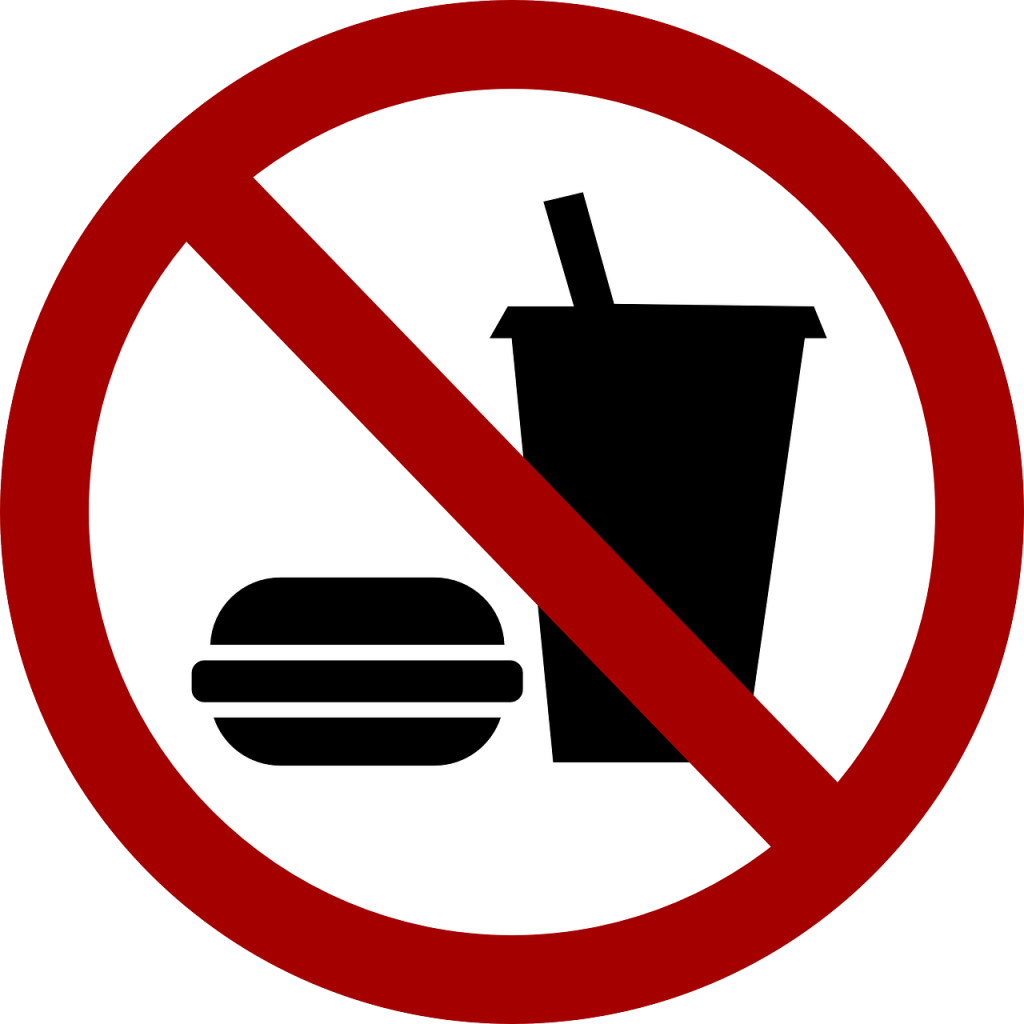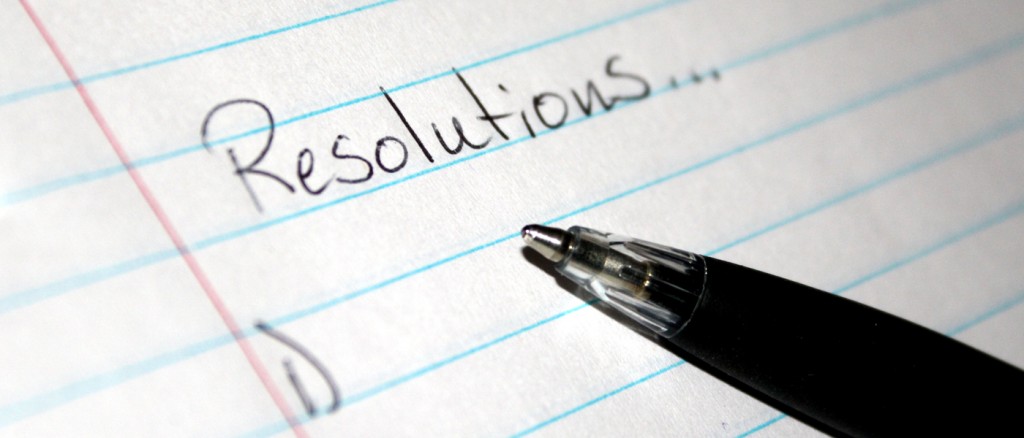This year will be different! This time I’ll really do it! No more sugar! No white flour! I’ll exercise every day! No more excuses!
Sound familiar?
Here’s my advice, and forgive me if this sounds harsh, but don’t even bother. I’ve worked with people for more than 20 years on weight and eating issues, and the odds are against us making lasting behavioral changes using methods like New Year’s resolutions. About 95 percent of people who go on diets gain the weight back. And then some. So if you’ve already broken your resolutions, join the party.

You know by now that resolutions are a setup for failure. Can you even remember what your resolution was last year? Did you start out all gung-ho, only to fall off the wagon after one bite of the forbidden food, or one missed exercise session? Then did you have the classic “what the hell” reaction, when you ate all the junk food in a nine-mile radius? Who needs the inevitable self-punishment that comes with falling off a rigid, pleasure-free diet or exercise regimen?
Restrictive diets and over-exercise can leave us feeling depleted physically and emotionally — and a little more defeated when they ultimately fail. Then we go right back to the chocolate-covered caramels to help us feel better about failing on yet another diet. It’s all or nothing thinking, and it rarely ends well for us.
Fortunately, there’s been a real shift over the years in the field of psychology and wellness based on rigorous research on what really motivates us to change. Turns out, we can’t “hate ourselves healthy” (these unkind thoughts and feelings actually cause stress by increasing cortisol). We can’t come from a place of disgust and self-loathing and expect to be successful with our health goals.
Real change comes with self compassion, and being more gentle, as in: “Wow, eating Nutella out of the jar with a tablespoon really doesn’t make me feel too well. Next time, I’ll put it on a banana and sit down and enjoy it. And save it for special occasions, so I can really appreciate its loveliness.”
Contrast this to: “I can’t believe you ate all that Nutella! You are disgusting, and have no willpower!!”
Which do you think leads to a better outcome?
Giving up the typical kinds of resolutions might seem like heresy to some of you, who fear that without rigid food and exercise rules, you will be reclining on your couch every night with a family-sized bag of M&Ms resting on your belly. But overeating sweets isn’t compassionate and self-respecting. It doesn’t feel good to have a candy hangover. Eating a delicious, fresh dinner and then savoring some chocolate would be a more balanced, nourishing approach.
I know this doesn’t have the appeal of a standard New Year’s resolution. It wouldn’t make a splashy cover of a magazine (Don’t diet! It doesn’t work! It’s a set up!), but it has the advantage of being sane and doable.

Photo by Mike Baird
So here’s my radical approach to resolutions: Instead of setting food and exercise goals that are unrealistic and rigid, find something that is sustainable, feels good on a deep level and has more far-reaching benefits than getting into your skinny jeans. A kind of resolution with “legs.” Practices that can make you feel happier all around.
Here are some suggestions:
— Every day, when I wake up, instead of grabbing my phone to look at Facebook or my texts, I will experiment with taking four relaxing breaths.
— Every day, I will ask myself how I can take better care of my mind and body.
— Every day, I will take some quiet time and just decompress. Even if it is five minutes.
Not as flashy, perhaps. But these kinds of resolutions are more likely to be with you far into the New Year.
Nicole Christina is a licensed clinical social worker and mindfulness educator at Syracuse University. She is author of the monthly newsletter BreatheTasteSavor. Check her out at NicoleChristina.com.



